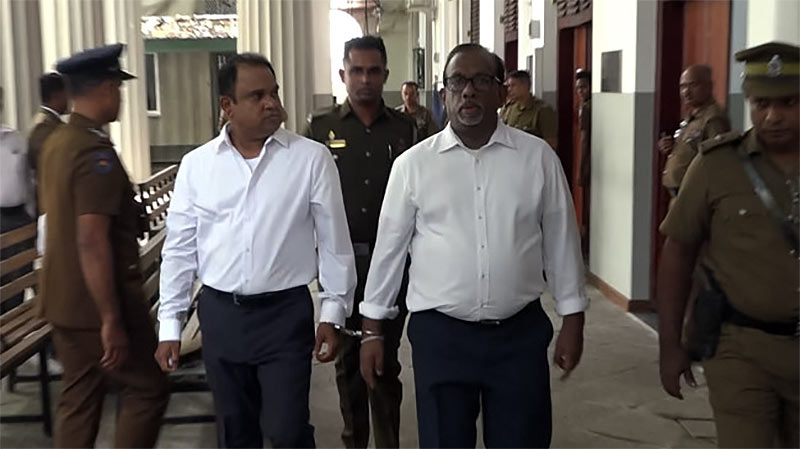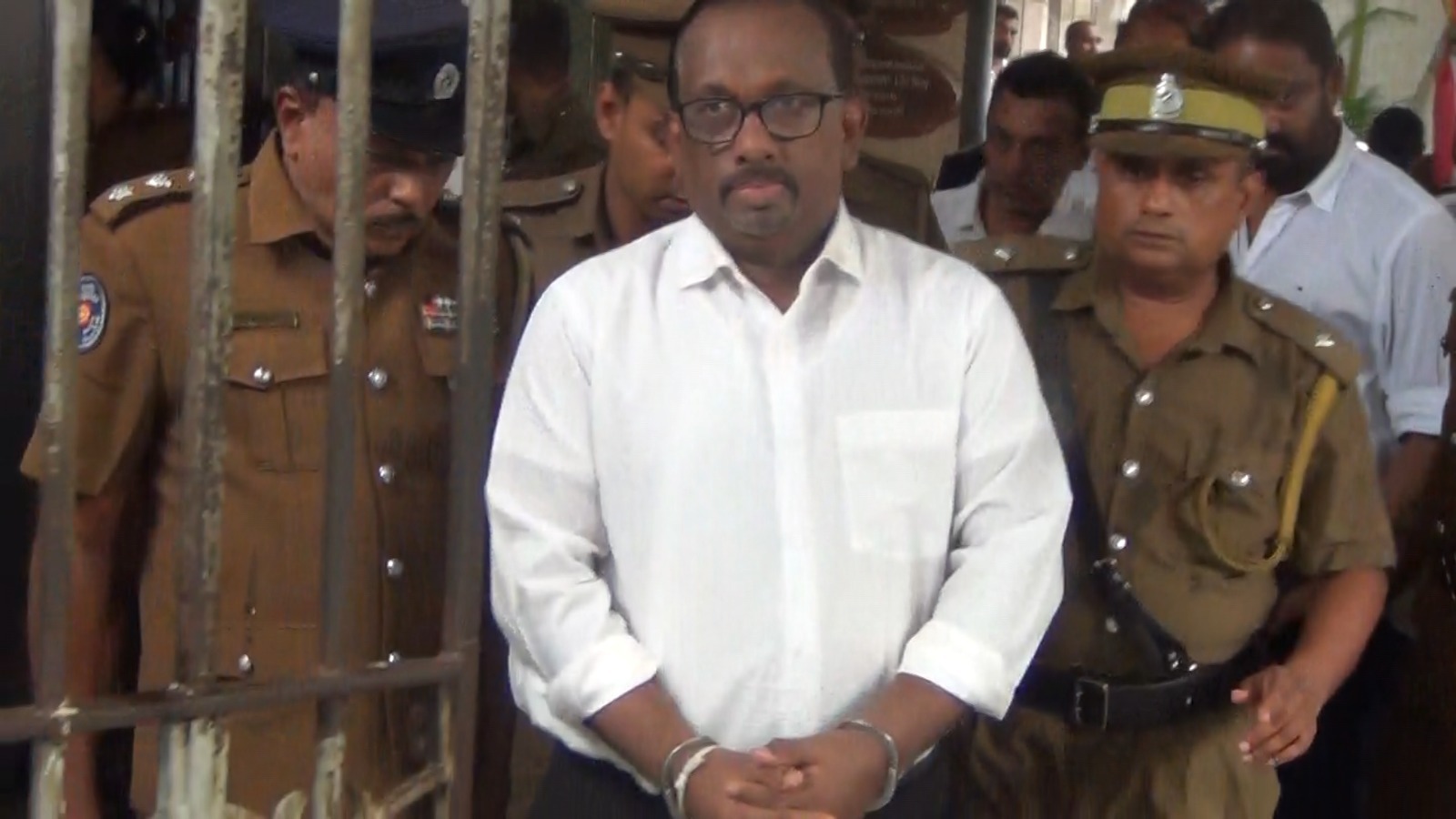Colombo, June 1, 2025 — In a landmark judgment delivered by the Colombo High Court this week, former Sports Minister Mahindananda Aluthgamage and former Sathosa Chairman Nalin Fernando were sentenced to 20 and 25 years of rigorous imprisonment, respectively despite Strict Constitutional Safeguards under the Article 13(6) of the Constitution of Sri Lanka explicitly prohibiting retroactive criminal liability.
The ruling followed their conviction for causing over Rs. 53 million in losses to the state through the misuse of public funds during the 2015 Presidential Election campaign. Specifically, the two were found guilty of authorizing the irregular procurement of 14,000 Carrom boards and 11,000 checkers (Daam) boards for distribution to sports clubs.
Legal Analysis: Applicability of the New Anti-Corruption Act
While the judgment marks a strong stance against public sector corruption, legal experts point out that the sentencing could only have been carried out under the legal framework that existed at the time of the offence—primarily the Bribery Act (Chapter 26), the Declaration of Assets and Liabilities Law (No. 1 of 1975), and the Prevention of Money Laundering Act (No. 5 of 2006).
This is because Article 13(6) of the Constitution of Sri Lanka explicitly prohibits retroactive criminal liability. The article states:
“No person shall be held guilty of an offence on account of any act or omission which did not, at the time of such act or omission, constitute such an offence and no penalty shall be imposed for any offence more severe than the penalty in force at the time such offence was committed.”
Accordingly, although the Anti-Corruption Act No. 9 of 2023 was enacted to strengthen the fight against corruption by consolidating and replacing prior legislation, it cannot be applied retroactively to offences committed before its enactment. Section 163(f) of the 2023 Act confirms this by mandating that ongoing or prior proceedings under the repealed laws remain governed by those laws, not the new statute.

Key Implications
This case serves as a textbook example of how constitutional safeguards ensure that justice is carried out within the limits of the law. While the new Anti-Corruption Act introduces stricter penalties and broader powers for investigation and prosecution, its enforcement is prospective only—ensuring compliance with constitutional protections against retrospective penal laws.
Therefore, the convictions of Aluthgamage and Fernando rest solely on the Bribery Act and related laws in effect in 2015. Any harsher penalties introduced by the 2023 Act could not be applied, even though the nature of the offences—misuse of state resources for political ends—aligns with what the new law targets.
Read Full Report














